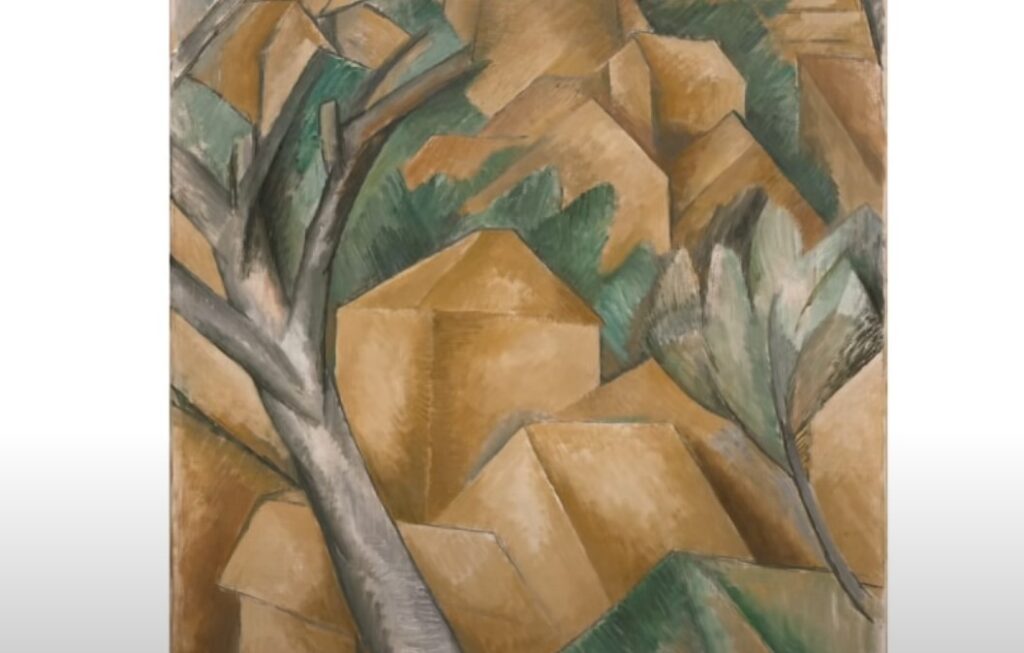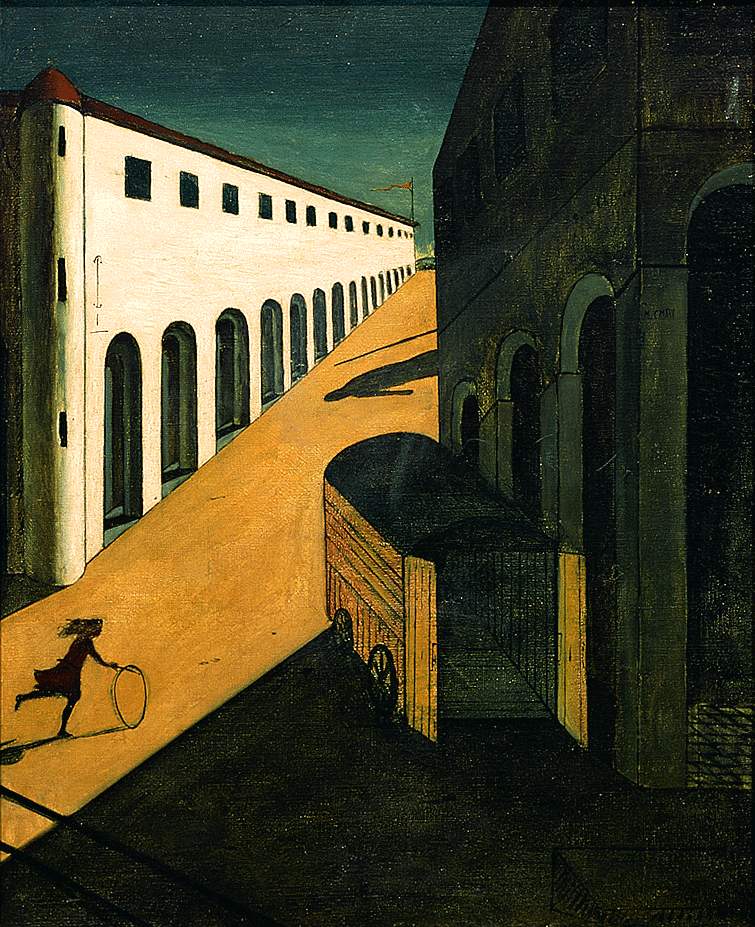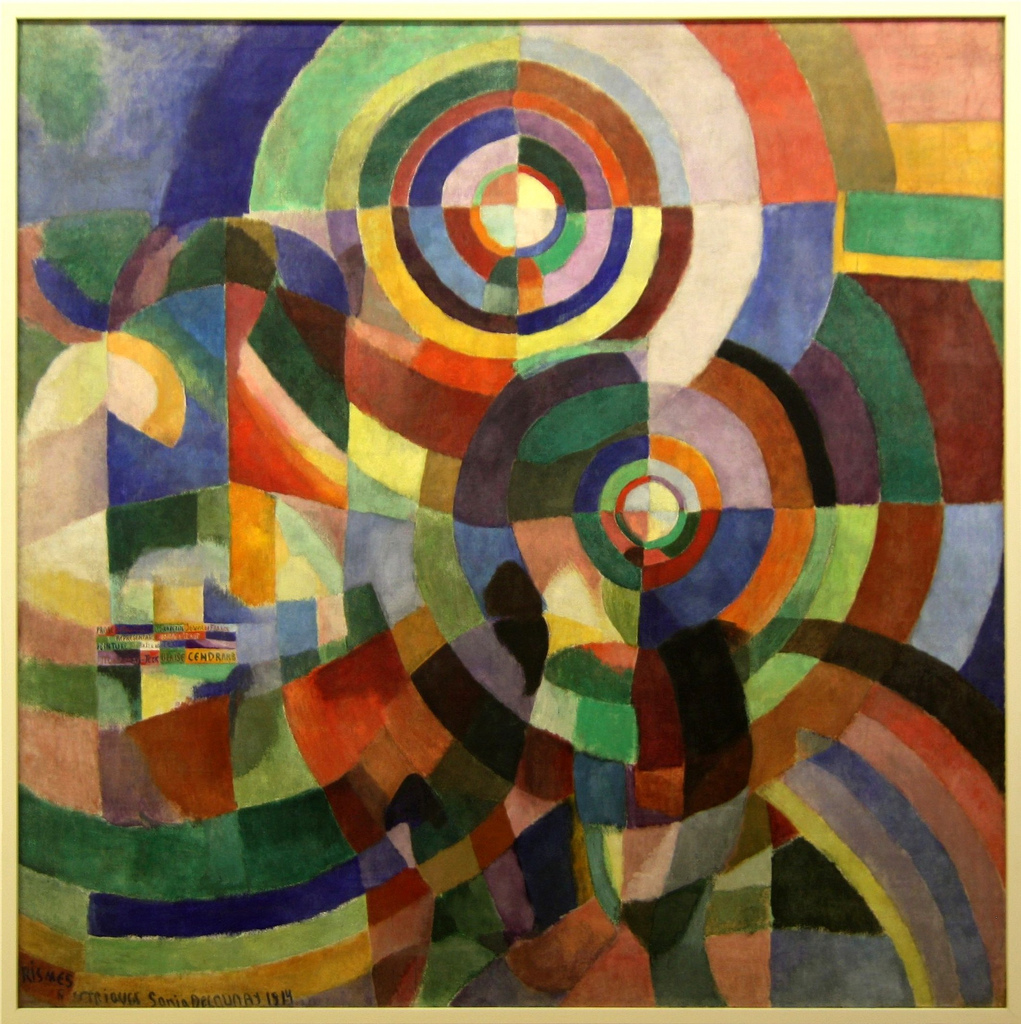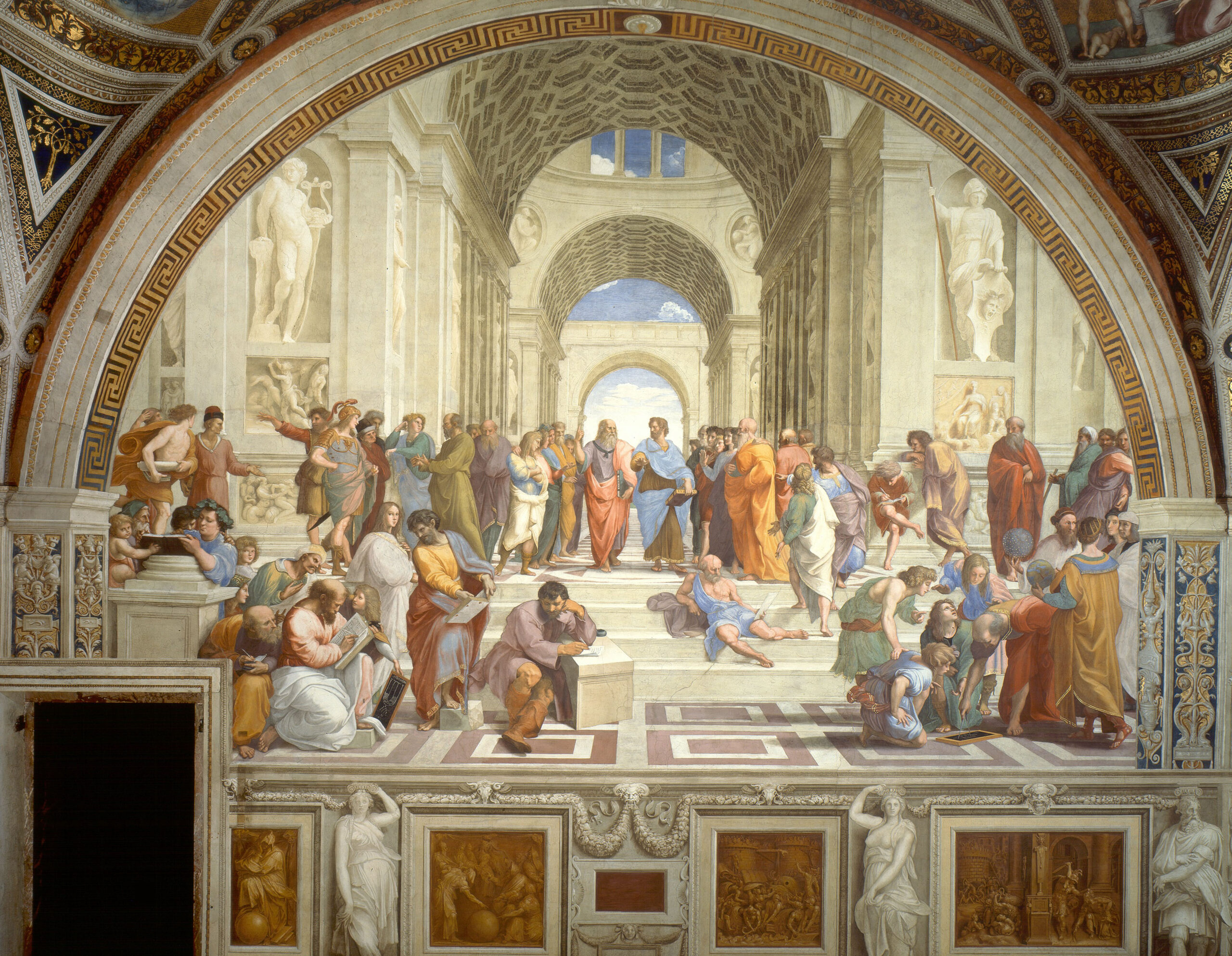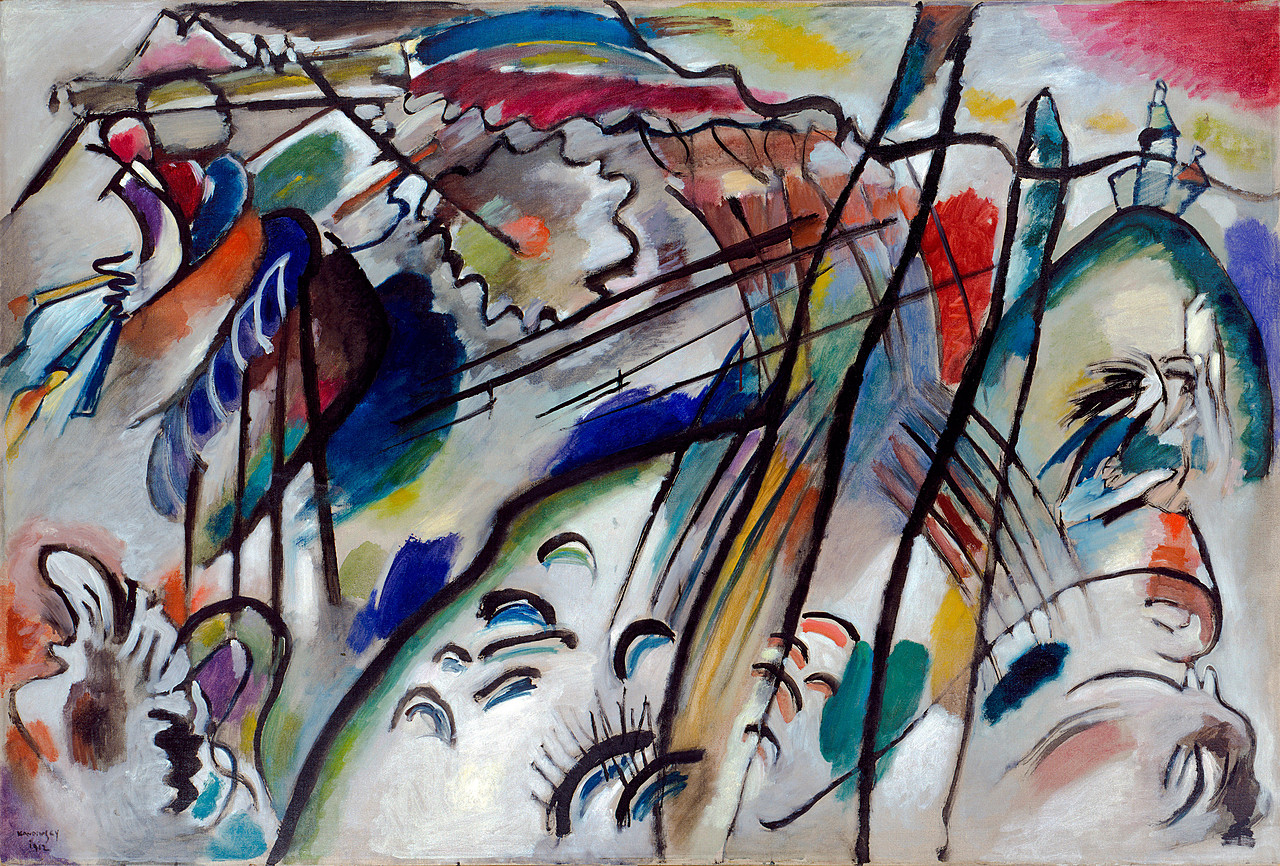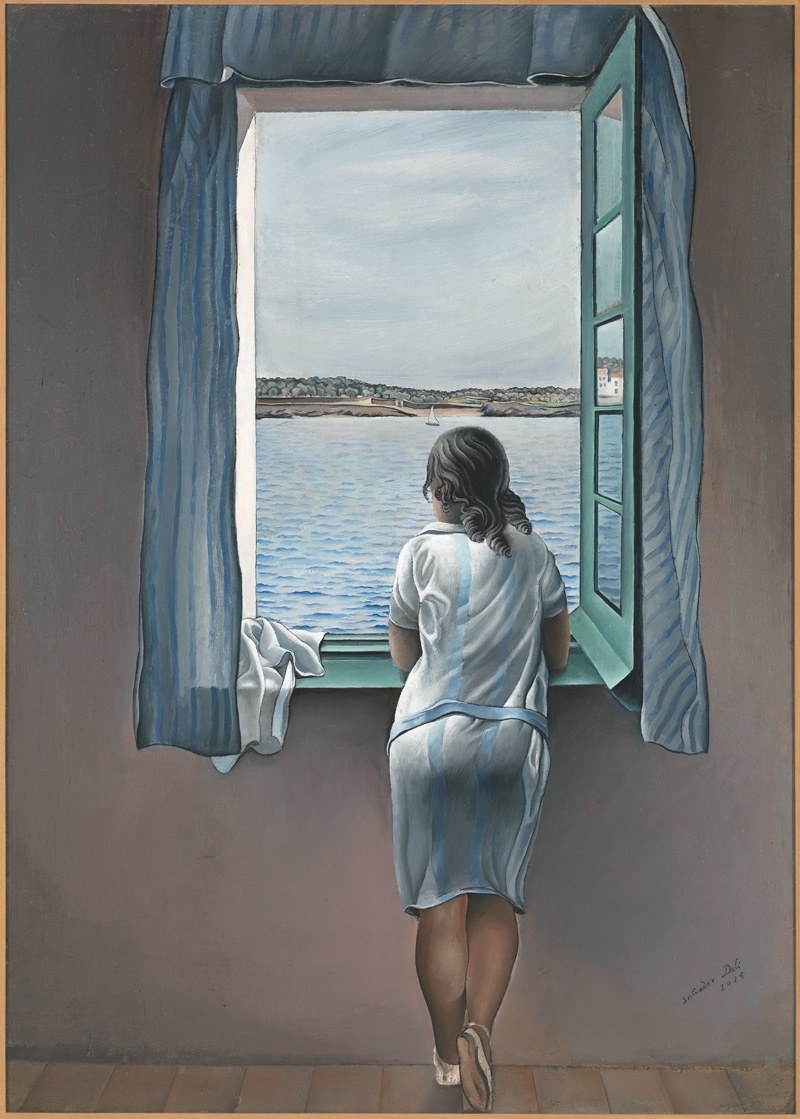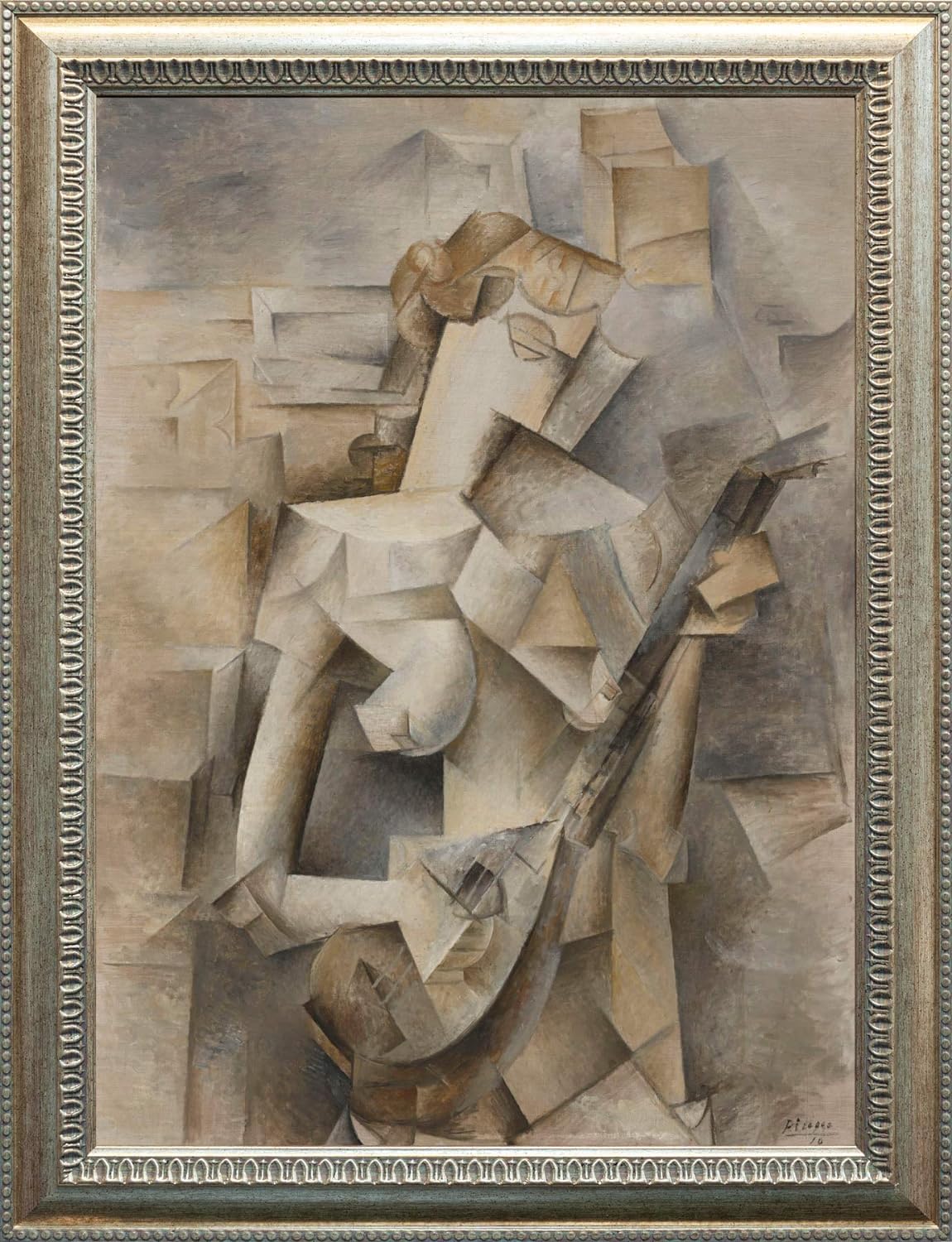Georges Braque, a pioneer of Cubism, left an indelible mark on art history with his masterpiece, «Houses at Estaque» (1908). This article delves into the significance of this piece, exploring its historical context, influences and the lasting impact it has had on the art world.
Tabla de contenidos
Houses at Estaque Artwork
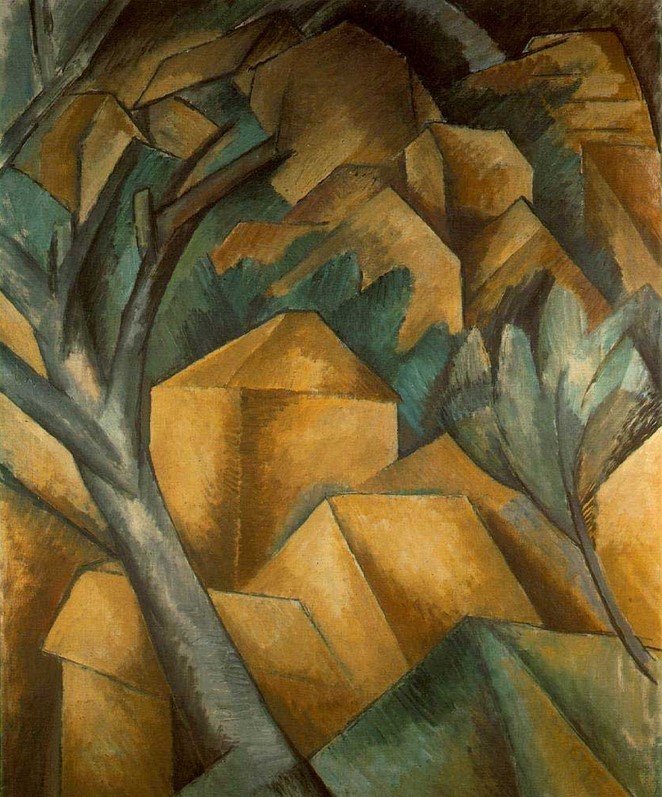
Title: Houses at L’Estaque
Artist: Georges Braque
Date: 1908, France
Location: Kunstmuseum Bern, Bern, Switzerland
Medium: Oil on Canvas
Dimensions: 73 x 60 cm
Art Movement: Cubism
Buy a reproduction:

Early Cubism:
Houses at Estaque marks the emergence of Cubism, an artistic current that challenged traditional conventions. Inspired by Paul Cézanne, Braque simplified the color palette to essential browns and greens, fusing architecture and nature in radical abstraction.
Influence of Cézanne and Summer at L’Estaque
Braque’s return to L’Estaque, following in Cézanne’s footsteps, marked a milestone in his career. The painting reflects his response to the work of his idol, challenging unified perspectives and exploring new forms of representation.
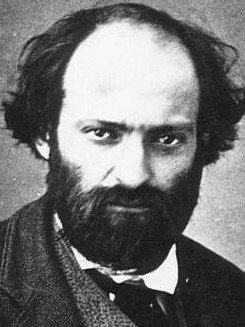
Unraveling Composition in «Houses at Estaque».
Braque disdained classical central perspective, omitting details and simplifying structures into geometric blocks. The pyramidal arrangement of the houses reveals his attempt to translate natural complexity into clear and simplified forms, emphasizing the importance of rhythm in the composition.
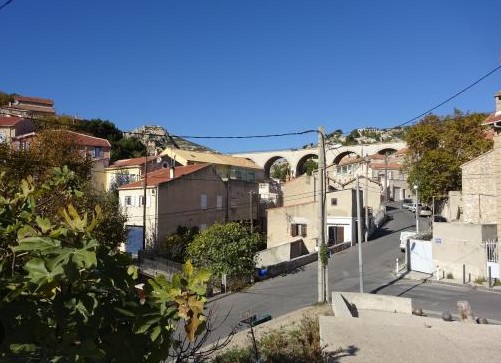
The Impact on Cubism:
Houses at Estaque profoundly influenced Pablo Picasso, catalyzing the birth of the Cubist movement. Braque challenged traditional perspectives, designing images and creating depth through flat forms. This revolutionary approach resonated with artistic movements such as Futurism, Constructivism, Suprematism and Expressionism.
Georges Braque painted an artistic milestone with «Houses at Estaque». This work, framed in early cubism, redefined the relationship between nature and art. His legacy endures, influencing generations of artists and cementing his position as one of the pillars of modern art. To explore this work is to embark on a fascinating journey into the roots of Cubism and the lasting impact it has had on the world art scene.

